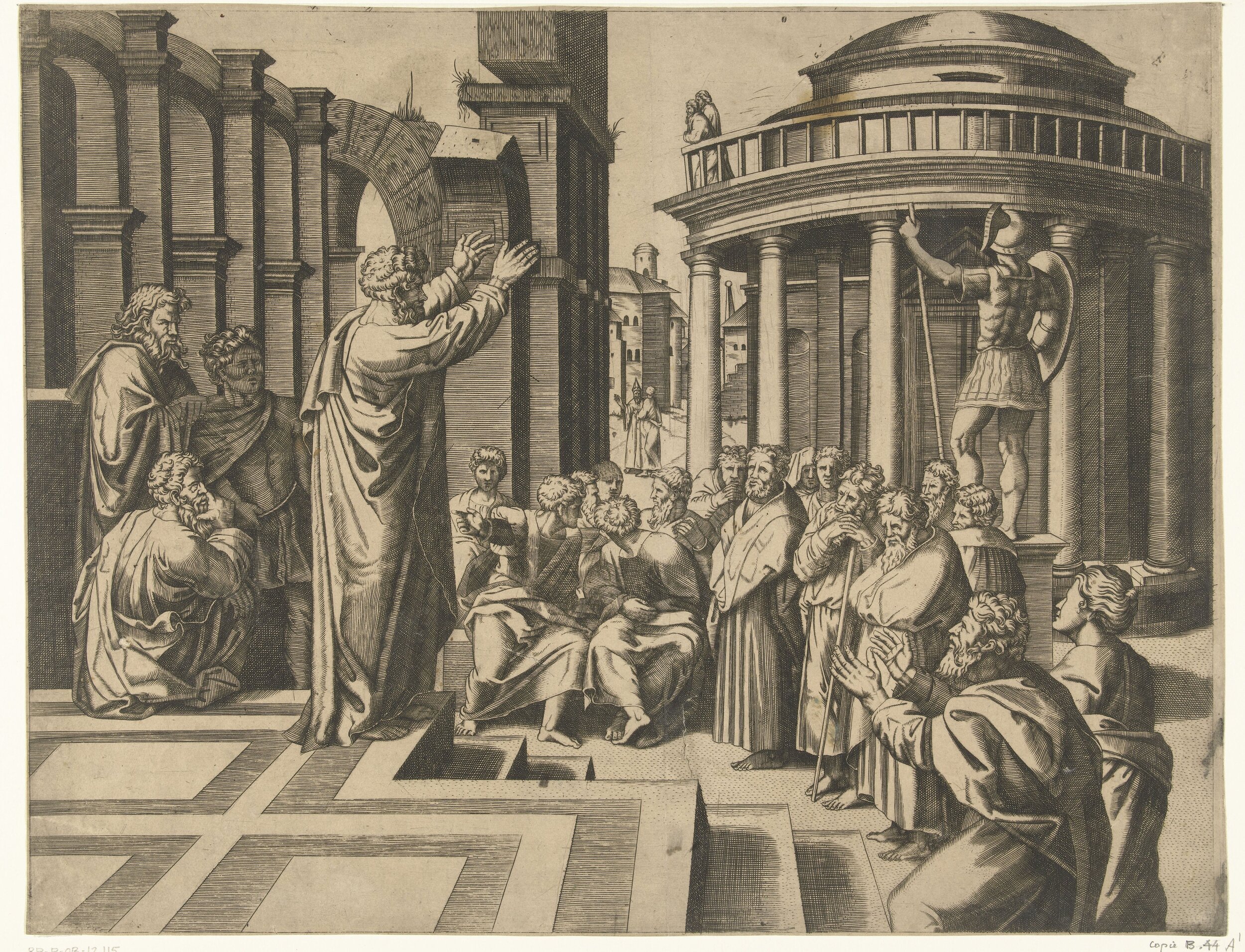
Playing with Scripture: Reading Contested Biblical Texts with Gadamer and Genre Theory (PhD thesis)
Reading texts as Scripture brings two hermeneutical assumptions into tension: that the text will continually say something new and relevant into the present situation, and that the text has stability and authority over readers. The collapse of ecclesial authority structures and the array of twentieth-century critical approaches to the Bible seem to take this tension past breaking point. Given how contested the Bible’s meaning is, how is it possible to ‘read Scripture’ as authoritative and relevant? This thesis uses Hans-Georg Gadamer’s philosophical hermeneutics to explore this problem of Scripture.

Hagar, Uncle Tom's Cabin, and why we cannot agree on what the Bible says about slavery
This article examines the history of interpretation of Hagar's story in Genesis 16 within debates over slavery through the narrative frame of Harriet Beecher Stowe's novel Uncle Tom's Cabin. Drawing on modern literary genre theory, I propose that these different readings of Genesis 16 really begin as different conceptions about the kind of thing we are reading: its genre.

Do the speakers in Acts use different hermeneutics for different OT genres?
The Book of Acts’ quotations of OT texts have been explained in myriad ways: as everything from midrash, to rhetoric, to opportunistic prooftexting. This presents a confusing and unprincipled picture of apostolic hermeneutics. But is there a principle behind this diversity? Drawing on modern Genre Theory’s observation that genres create distinct hermeneutical roles for the reader, this article tests the hypothesis that the hermeneutical structure employed by the apostles to interpret and apply the OT vary depending on the genre of the source material. If the genre of the source text is a psalm, then nine times out of ten the text will be interpreted typologically to make a Christological point.

Gadamer, Wirkungsgeschichtliches Bewusstsein, and What To Do about Judas (Acts 1:12–22)
Hans-Georg Gadamer’s artfully ambiguous phrase, wirkungsgeschichtliches Bewußtsein (historically-effected consciousness), evokes both a consciousness that is aware of how understanding is shaped by effective history, but also the consciousness which is already always being shaped by effective history. This paper begins by unpacking Gadamer’s concept of historically effective consciousness, drawing on his later works alongside the more familiar Truth and Method. Part two explores how his phenomenological hermeneutics might assist a reading of the New Testament as a literary text. Gadamer's principles can be seen at play in Acts 1:12–22, in which Peter explains Judas’s betrayal as the fulfilment of Psalms 69 and 109. While midrashic techniques explain some aspects of Peter’s exegesis of these Old Testament texts, it can be difficult to find a coherent hermeneutical principle behind this kind of apostolic exegesis of the Old Testament. Historically-effected consciousness offers a promising overarching hermeneutic, drawing our attention to three elements of the text’s historical horizon: question, geography and genre. Part three then considers what a historically-effected consciousness might mean, in turn, for New Testament exegetes reflecting on their own phenomenological predicament.